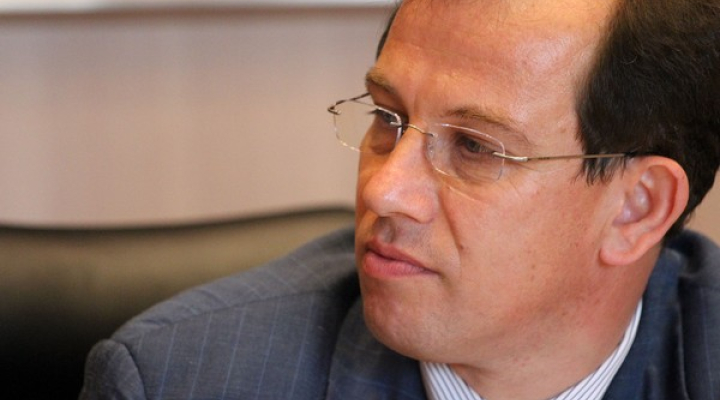The EP voted on the European dimension of sport
During the plenary session of the European Parliament in Brussels from 2 February, MEPs voted with overwhelming majority for the motion for an EP resolution on the European dimension of sport activities based on a report of the Committee on Culture and Education. The elaboration of the report was made possible by the Lisbon Treaty, which elevates the field of sport into EU competence. The document can be considered a response to the European Commission’s white paper on the subject from last year.
The report emphasizes the importance of the principle of subsidiarity and stresses the social role and economic effects of sport. This activity constitutes 3,7% of the EU’s GDP and provides around 15 million jobs while promoting a healthy lifestyle. Sport can be a valuable tool in combating doping, violence and intolerance in many aspects of public life. It also has an educational and cultural value, and therefore it can contribute to attaining the strategic targets of the EU: due to its open nature it can be practiced by all citizens regardless of gender, ethnicity, religion, nationality or social status. The final report of the Committee urges the member states to revise their higher education programmes and to make use of the experience of top athletes through their involvement in sport activities that reach wide ranges of the population.
DAHR’s MEP Csaba Sógor used the opportunity provided by the explanation of votes on the subject to remind his colleagues about the events of the last ice hockey match between Romania and Hungary held in Miercurea Ciuc, events that have been largely misrepresented by the national media. The Hungarian MEP from Transylvania spoke about the necessity of mutual respect at public and sports events.
Here follows the MEP’s speech:
“I salute my colleague’s report on the European dimension of sport. I would especially emphasize the role of sport in strengthening solidarity and creating a tolerant environment. Talking about the report, I would like to remind you about an unusual event: not long ago, the national ice hockey teams of Romania and Hungary played a match in Romania, in Miercurea Ciuc, a town with a majority of ethnic Hungarians. All but one of the players in the Romanian national team belong to the Hungarian national minority in Romania, so these players sang the Hungarian national anthem at the beginning of the match.
This event received wide media coverage from the central Romanian media, many people accusing the ethnic Hungarian players from the Romanian team of treason. I feel it is time for mutual respect and tolerance to define not only the atmosphere at sports events, but reactions in public life as well. In this case it wasn’t the deeds of supporters that can be considered intolerant, rather the malicious and manipulative actions of Romanian politicians and media.
By the way, Romania won by 4 to 1.”











